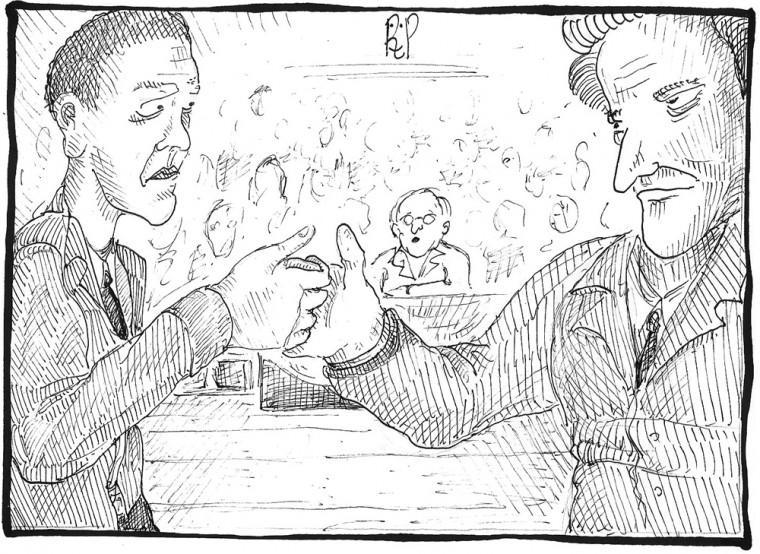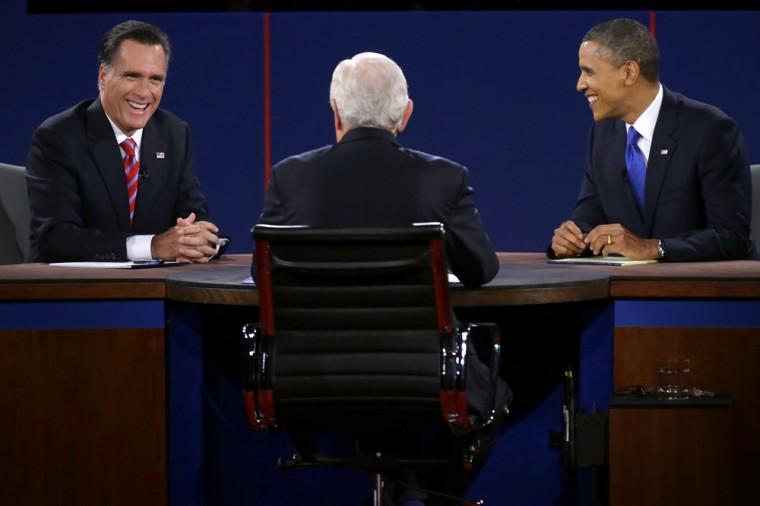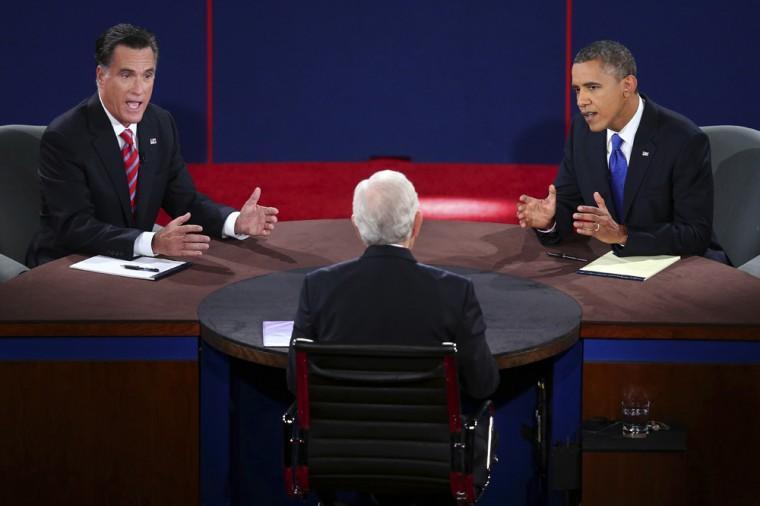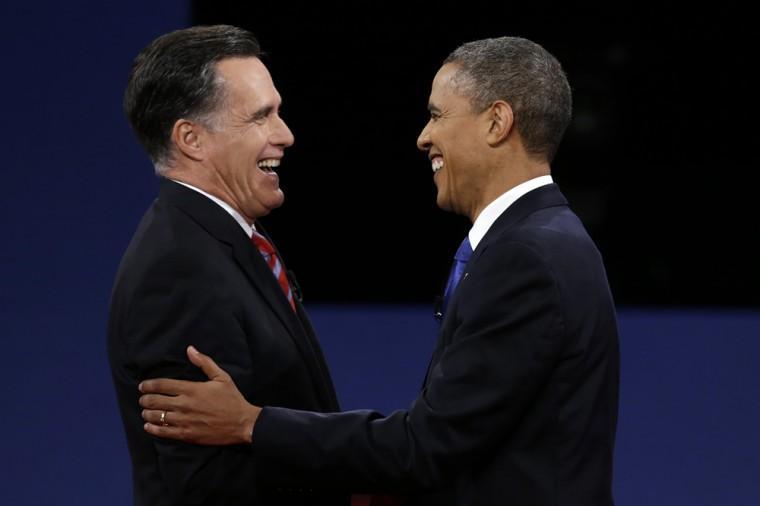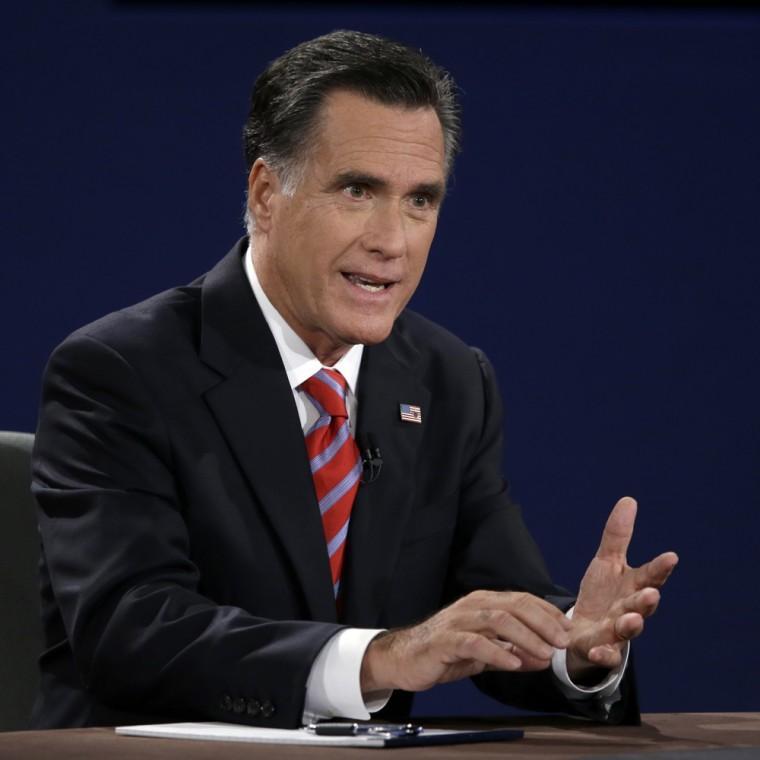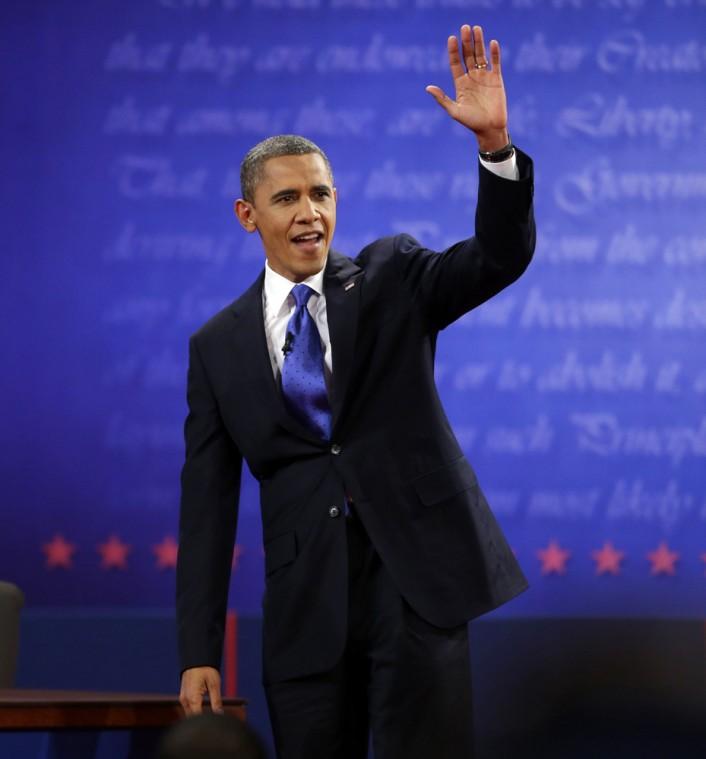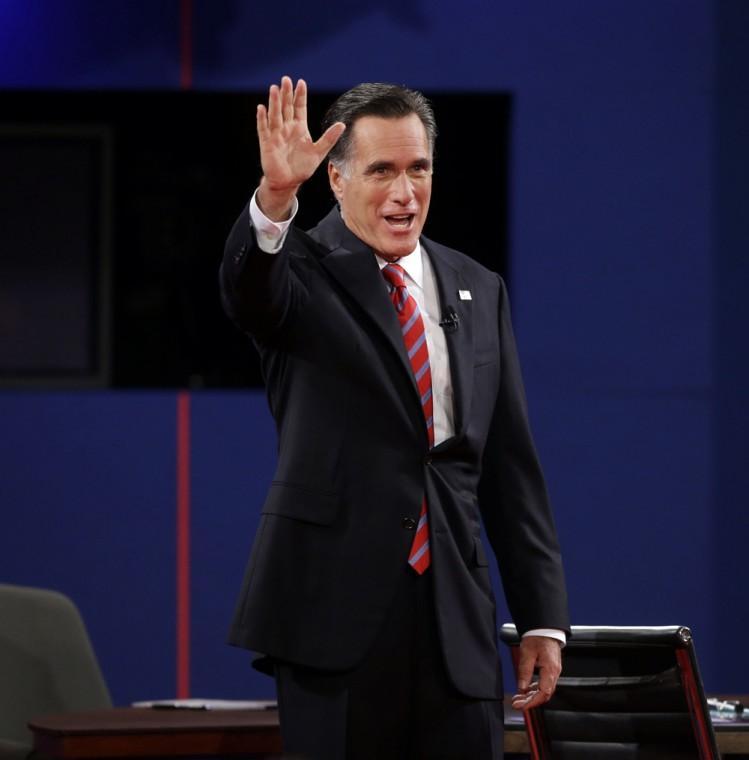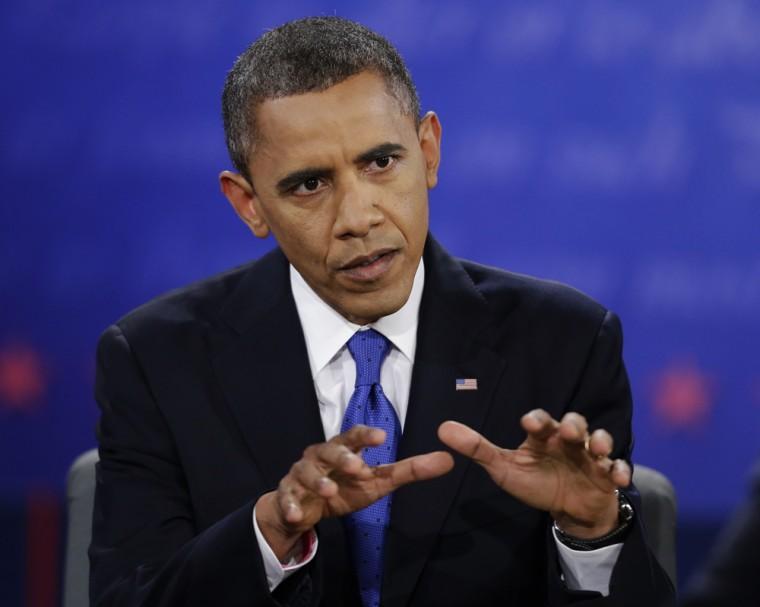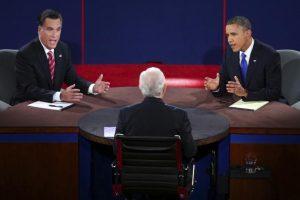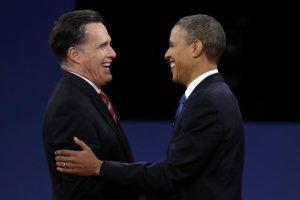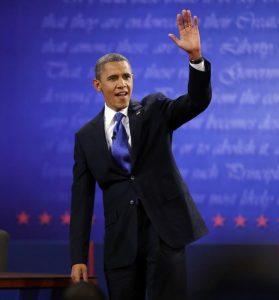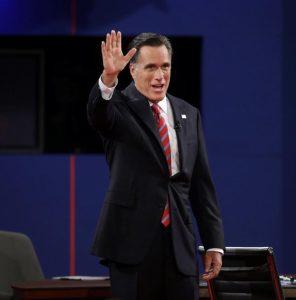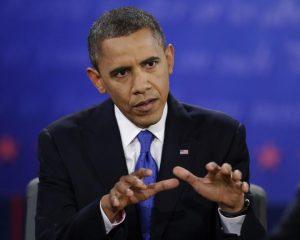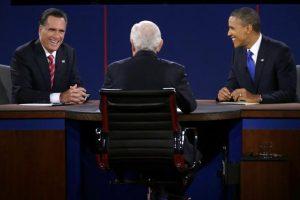During the first presidential debate, Republican candidate Mitt Romney told the American public diminishing the debt was a moral imperative because it would hurt the next generation, the youth.
But one question weighs far more heavily on the minds of young Americans: Will there be another war?
“We can’t kill our way out of this mess,” Romney said early on in Monday night’s presidential debate, and this deft remark — though obviously a somewhat hollow posture — set the tone for a surprisingly level-headed debate. In saying this, Romney muffled President Barack Obama’s bragging rights considerably in regards to killing Osama bin Laden.
Romney held an upper hand in the foreign policy debate only because he is an outsider: He’s not calling the shots, he’s not responding to rebellions and he’s not walking across the Maghreb on eggshells.
Many will call such criticisms cheap shots, but such criticisms are in the commander in chief’s job description — and they are also why Romney looked surprisingly capable Monday night, to especially moderates.
Obama, unfortunately, is not at liberty to make the bold claims Romney can.
The presidency is a far different beast than candidacy. Far harsher statements can be made while winning the hearts of the people than while winning the allegiance of world leaders, and, having been far more of a militant actor than he had painted himself to be, Obama was not in position to make the big promises for the future he once could.
But both candidates did everything they could to show the American people that war was not on the agenda.
Romney, being a Republican, held a reputation of seeking another war with Iran, and his clarifications thereof helped any voters on the fence on the issue — albeit while encouraging more involvement in Syria. Obama, having played the game for four years, deflected many of his answers back to domestic policy because he knows such promises are not so easily kept.
And one distinction must be made: domestic issues were used as a deflector and a crutch by both candidates last night, but the inclusion is still warranted. America’s allure has always rested comfortably in the prospect of working and succeeding here.
If we want emulators, we should be a country worth emulating.
The advantage of deflecting to domestic issues is that if either candidate were to stray too far into specifics, moderator Bob Schieffer — who did a wonderful job with his highly contentious questioning — would yank the focus back to foreign policy, making whichever candidate who persisted the most look obstinate.
Such a mistake could’ve cost an election, because appearance was everything in Monday night’s debate. Obama slept through one debate and pounced in the next. Romney attacked early on and tried to mellow out before sounding bitter.
Surprisingly, Romney kept his cool to great effect, managing to actually look presidential — and I stress surprisingly.
Obama, however, gave an air if insecurity in his frequent, often unsubstantial criticisms and witticisms.
“The 1980s are asking for their foreign policy back,” is an example of the many zingers Obama threw into the ring. Using a pun to describe Romney’s foreign policy as “all over the map” is another.
After criticizing journalists’ false reporting on the looming talks with Iran, for instance, Obama then said journalists would testify to Romney being wrong on a number of issues.
Mixed with a few interruptions followed by five second pauses, the president seemed to be needlessly overcompensating in a debate he was expected to win handily.
Romney’s references to destabilization of Mali, the Haqqani family network in Pakistan and the economy of Latin America, who surely felt left out, made him look more knowledgeable than before.
This is mostly because few voters know where Mali or Pakistan or the Haqqani network are, if they have heard of them much at all.
Going into their last debate, Romney and Obama stood deadlocked nationally at 48 percent and 49 percent support, respectively, according to the latest Washington Post/ABC poll.
Romney didn’t jump through hoops Monday night, and that’s why he marginally prevailed.
‘The 1980s are asking for their foreign policy back.’


